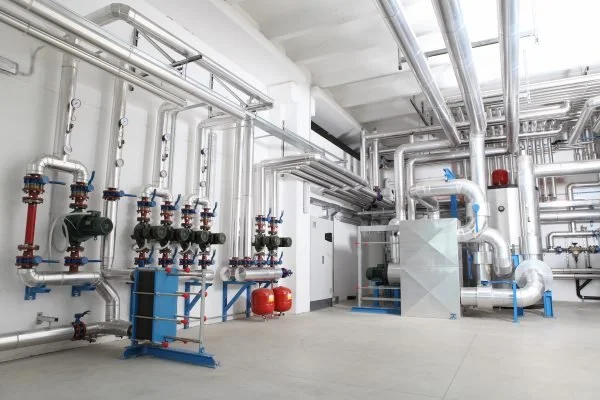Glaciem Cooling Technologies: Pioneering Sustainable Cooling Solutions
Glaciem Cooling Technologies is transforming the HVAC&R industry with innovative, sustainable solutions that cut energy use and reduce environmental impact. Leveraging advanced technologies such as CO₂-based refrigeration and thermal energy storage, Glaciem is helping industries transition to cleaner, more efficient cooling.
HVAC&R systems are vital for food production, pharmaceuticals, data centres, and commercial buildings, yet they consume around 20% of global electricity and account for 7.8% of greenhouse gas emissions—over four billion tonnes of CO₂ annually. With demand set to rise, adopting sustainable cooling is critical.
Glaciem’s technologies address this challenge head-on:
Phase Change Material (PCM) Thermal Energy Batteries (TEB): Store energy efficiently to optimise consumption.
Industrial CO₂ Heat Pumps: Enable the electrification of heating for a cleaner energy mix.
Dew Point CO₂ (DPCO₂) Cooling System: A low-GWP, non-toxic refrigeration alternative with high energy efficiency.
DPCO₂ technology, developed with over $880,000 in investment since 2016, has been proven from lab trials at the University of South Australia to full-scale commercial use at Coles Norwood, achieving a 20% increase in plant efficiency and 32% reduction in peak power usage.
Guided by core values of innovation, sustainability, and excellence, Glaciem is setting new benchmarks for performance and environmental responsibility. Its vision is to become the global leader in sustainable cooling, providing solutions that support decarbonisation while meeting the growing demand for reliable refrigeration.
With patented technologies, strong industry partnerships, and a focus on measurable results, Glaciem Cooling Technologies is paving the way for a greener, more energy-efficient future.

